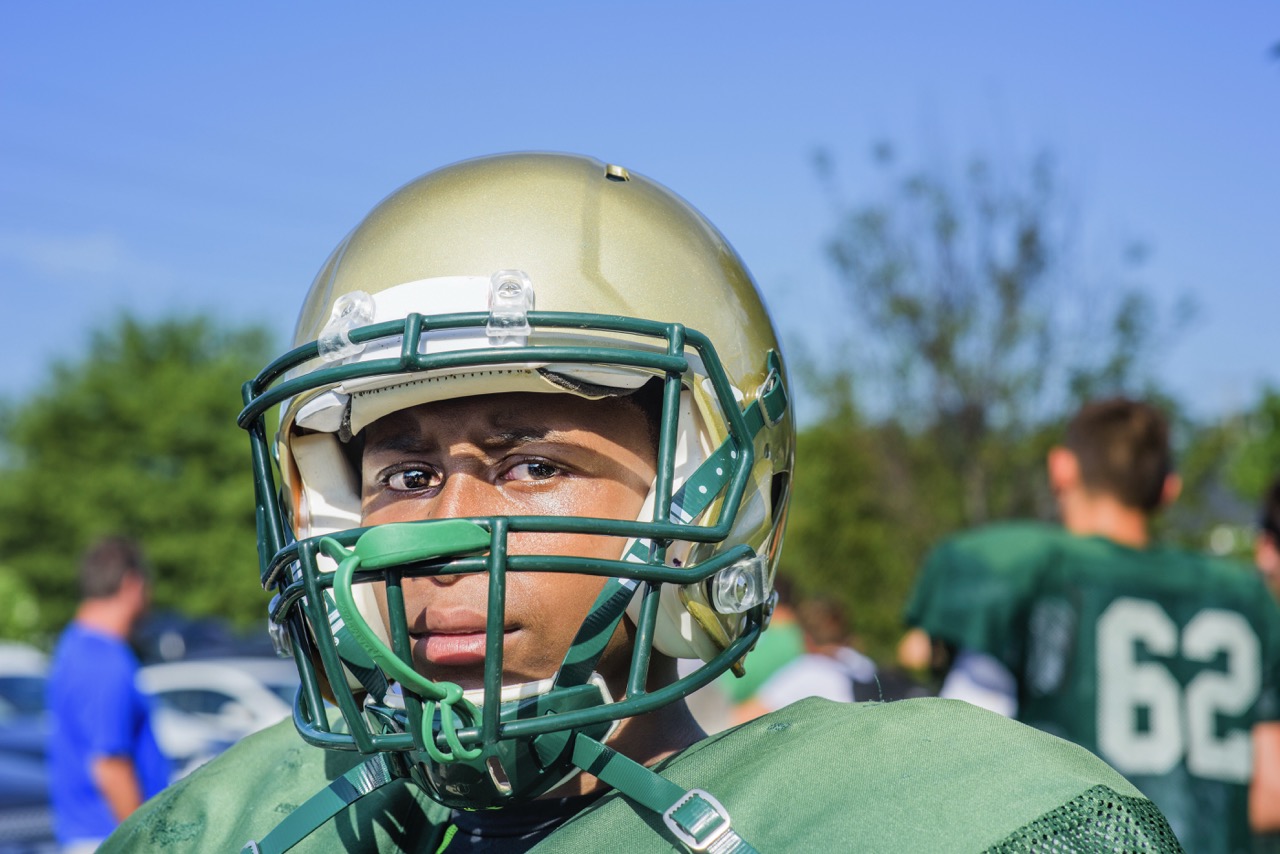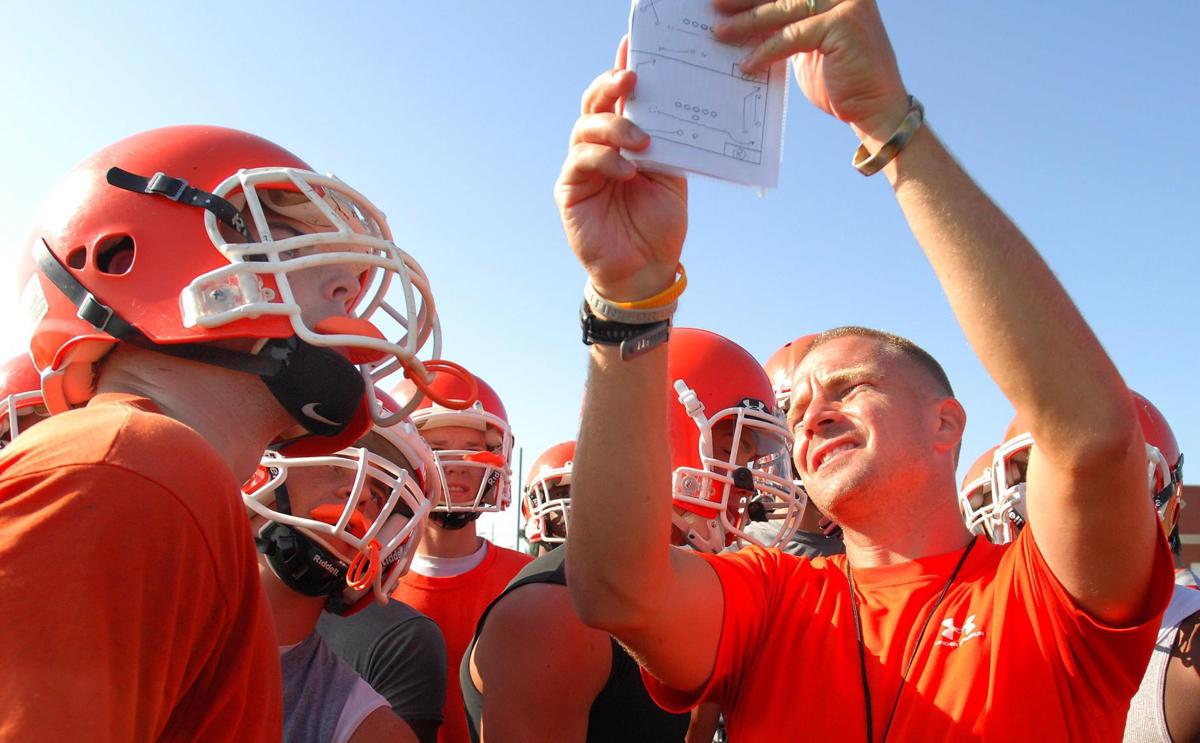Control the Controllables: The Key to Building Mental Toughness in Athletes

In today’s high-stakes, ever-changing world of sports, athletes and coaches are constantly faced with challenges that test not just their physical abilities, but their mindset and resilience. While scoreboard success grabs the headlines, the real secret to peak performance – and lifelong growth – lies in a deceptively simple idea: control the controllables.
What Does “Control the Controllables” Actually Mean?
In every game, practice, and moment of adversity, athletes are surrounded by a mix of factors – some they can influence, and many they can’t. You can’t change the referee’s call, the weather, or the other team’s talent. But you CAN control your attitude, communication, and effort – the foundational pillars that define your response and set the tone for your performance.
This mantra, shared and lived by successful leaders like Coach Abe Zeller of the Morton Potters, is about focusing your energy on what’s within your power. When athletes learn to consistently take ownership of their mindset, their actions, and their reactions, they become more resilient – on and off the field.
Why Is Controlling the Controllables So Important?
- Reduces Stress and Anxiety:
Focusing on things outside your control is a recipe for frustration. By zeroing in on your own behaviors and choices, you stay grounded and engaged in the moment, enjoying the game more and worrying less. - Builds Consistency and Confidence:
Confidence isn’t just about talent—it’s built on a track record of handling adversity well. When players see the impact of their attitude, communication, and effort, their belief in themselves—and in their team—grows. - Transforms Setbacks into Growth Opportunities:
Every athlete faces injustice, losses, and bad luck. The difference-maker is how you handle them. Viewing setbacks as chances to learn and get better leads to real mental toughness.
Practical Ways to Help Athletes “Control the Controllables”
- Set Process Goals: Instead of only chasing wins, set goals around controllable behaviors: “I’ll maintain positive body language,” “I’ll encourage my teammates,” or “I’ll give 100% hustle on every play.”
- Debrief with Intention: After games or practices, ask: “What did we control well? What can we own and improve for next time?”
- Model Ownership as a Coach: Athletes mirror their coaches. Demonstrate composure, accountability, and emotional regulation—even when things don’t go your way.
- Celebrate Effort, Not Just Outcome: Recognize athletes who step up in their attitude, communication, and work rate, not only those who score points or make highlight plays.
Mindset Matters: From the Gym to Everyday Life
The lessons of controlling the controllables go far beyond sports. Students, employees, and parents all face stressors out of their hands. The ability to control one’s response – rather than the outside world – is a superpower that fuels lifelong success.
As Coach Zeller and many top mentors remind us, “Wins and losses fade, but the habits of resilience, ownership, and presence shape who you become long after the final buzzer.”
Ready to Build Mental Toughness On Your Team?
At Mental Metal Coaching, we specialize in helping athletes and coaches develop the skills to focus on what matters most. From group workshops to one-on-one sessions, we provide science-backed strategies to foster resilience, confidence, and a winning mindset.
Ready to empower your team or take your own mental game to the next level?
Book a free session or learn more at www.mentalmettlelifecoaching.com.
Are you ready to forge your mettle?
More From Mental Mettle

Episode 126: Building Mental Strength Take Mental Tools with Jason Drengwitz

Ep. 125: Sleep is Your Mental and Physical Superpower

Sleep: The Hidden Edge for Athletic Performance

Episode 124: The Power of a Player-Led Team with Coach Tyler Erwin

The Compound Power of Consistency: How Small Steps and Grit Unleash Your True Potential

